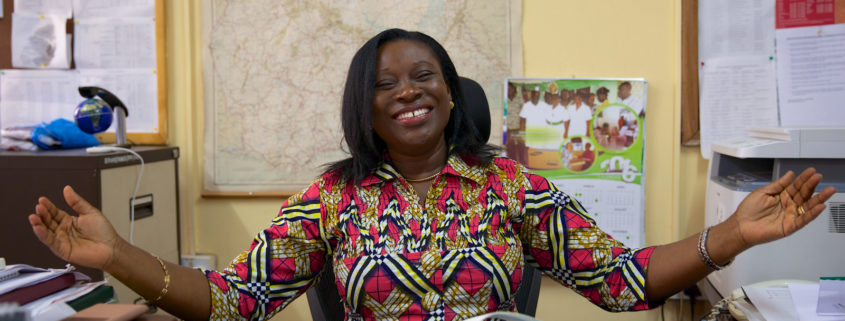
Despite a major coalescence around the Family Planning 2020 and Ouagadougou Partnership goals in the last five years, there has been a lack of understanding of how major stakeholders fund and implement SBC programming to meet those goals or what future investment priorities should be. Furthermore, SBC is not yet anchored as a core element of major development organizations’ family planning strategies and programming or government planning mechanisms. Investment is insufficient, particularly at the country level, to support the implementation of SBC as a proven intervention to achieve global and country-level family planning targets. A targeted effort is needed to build awareness and prioritize SBC as an integral component of family planning strategies and to provide sufficient resources and supportive policies to enable country investment and encourage peer adoption. This webinar will share tools and experiences in advocating for SBC investments and initiatives to increase the coordination of resources.
Moderator
- Hope Hempstone, USAID
Presenters
- Michelle Weinberger, Breakthrough RESEARCH
- Uttara Bharath, Breakthrough ACTION
- Sohail Agha and Perri Sutton, Bill & Melinda Gates Foundation
- Pranab Rajbhandari, Breakthrough ACTION Nepal
Featured Presentations
Making the Business Case for Investing in SBC for Family Planning: The Business Case for Investing in SBC for Family Planning uses an evidence-based approach to address the lack of synthesized information on cost, cost-effectiveness, and return on investment of SBC programs. It draws on nearly 200 studies assessing SBC effectiveness and/or costs across a range of countries, looking at both the indirect impact of SBC interventions via intermediate outcomes and the direct impact of SBC interventions on modern contraceptive use. Michelle Weinberger will present the methods used to develop the case study and its conclusions.
Advocating for SBC in Family Planning: The SBC in Family Planning Message Framework is intended to help SBC practitioners identify their stakeholder’s motivations and priorities and strategize how to get their support for SBC in family planning. The framework provides guidance on messages to use with stakeholders who may be unaware or skeptical of the benefits of SBC in family planning or have limitations in their ability to include SBC in their portfolio. Uttara Bharath will introduce the message framework, offer concrete talking points to make the case for investment in SBC, and describe how the message framework has been adapted in Zambia and Guinea.
Coordinating SBC Investment and Knowledge in Family Planning: Since the 2018 International SBCC Summit, senior staff of several donors with substantial investments in SBC have sought to work in closer contact. Perri Sutton will illustrate how donors are working to improve coordination and collaboration for improved and expanded SBC investment in francophone West Africa through the Ouagadougou Partnership. Sohail Agha will talk about the donor database of active SBC investments and discuss how to make programmatic learnings more relevant for SBC investment.
Strengthening Local Level Investments in SBC in Nepal: The SBC Palika Package used in Nepal helped Breakthrough ACTION strengthen local-level decision making around SBC for health. The package includes step-by-step guidance for SBC programming and explains what can be done to support effective planning, implementation, and monitoring of SBC programs and activities, particularly in federalized or decentralized contexts. As a result of using the SBC Palika Package, focal municipalities allocated funding for SBC for health in their budgets for the first time ever. Pranab Rajbhandaril will present the process used to implement the package and lessons learned for increasing investment in SBC that can be applied to family planning advocacy efforts.


